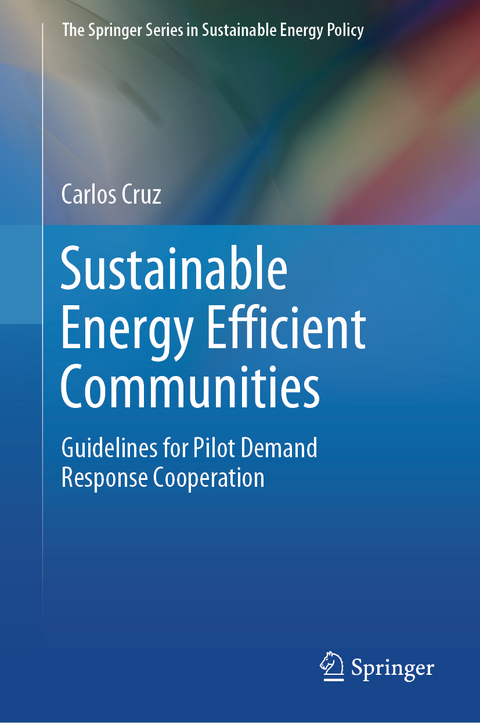
Sustainable Energy Efficient Communities
Springer International Publishing (Verlag)
978-3-031-49991-3 (ISBN)
This book analyses issues surrounding the efficient integration of demand response programmes in residential communities. It also explores the benefits and energy efficiency co-ordination corresponding to demand response service in a cooperative system. The author explains how sensors, communication technologies, computational ability, and control can be effectively combined to create a demand planification system.
Smart appliances (SAs) and other connected devices, together with smart communities (SCs)-which enable energy consumers to pursue common goals through cooperation and coordinated behaviour within the framework of the Internet of things (IoT)-have raised expectations regarding deployment of the information and communication technologies (ICTs) to encourage uptake of demand response (DR) energy efficiency programmes. DR programmes pursue a reduced carbon footprint, balanced supply and demand, and behavioural change in consumers.
The book provides sustainable evidence of ICT-supported energy management that can help consumers flexibly manage demand through the formation of sustainable SCs that maximise renewable energy use through large-scale cooperative management mechanisms. SCs cooperating securely in identifying consumption patterns can foster sustainable and efficient energy use, with the outcome of benefits for the participants and for the environment.
Carlos Cruz holds a Ph.D. in electronics from the University of Alcalá, Spain, and since 2022, he has been a lecturer at the Electronics Department of this University. His areas of research are digital embedded systems, electronic design, and data analysis, and he has acquired extensive experience in detector evaluation, software simulation, and hardware design. Fellowships include CSIRC UGR (2007), JAE-TEC 2009, international research organisations and infrastructures (2011), and PTA 2018.
He is co-author of about 20 high-impact factor papers and has contributed to several national and international conferences.
Energy demand management.- Aggregate demand planner.- Evaluation of the scheduling algorithm.- Behavioural analysis and pattern validation.- Experimental validation of the demand scheduler.
| Erscheinungsdatum | 10.02.2024 |
|---|---|
| Reihe/Serie | The Springer Series in Sustainable Energy Policy |
| Vorwort | Ignacio Bravo |
| Zusatzinfo | XVII, 116 p. 88 illus., 80 illus. in color. |
| Verlagsort | Cham |
| Sprache | englisch |
| Maße | 155 x 235 mm |
| Gewicht | 360 g |
| Themenwelt | Naturwissenschaften ► Biologie ► Ökologie / Naturschutz |
| Technik ► Elektrotechnik / Energietechnik | |
| Schlagworte | Aggregate demand programming • Artificial Intelligence • Automatic demand profile • Classification and regression techniques • Communication Protocols • Consumer preferences • Demand patterns • demand response • Programming algorithm • renewable energy • Smart Community |
| ISBN-10 | 3-031-49991-3 / 3031499913 |
| ISBN-13 | 978-3-031-49991-3 / 9783031499913 |
| Zustand | Neuware |
| Informationen gemäß Produktsicherheitsverordnung (GPSR) | |
| Haben Sie eine Frage zum Produkt? |
aus dem Bereich


